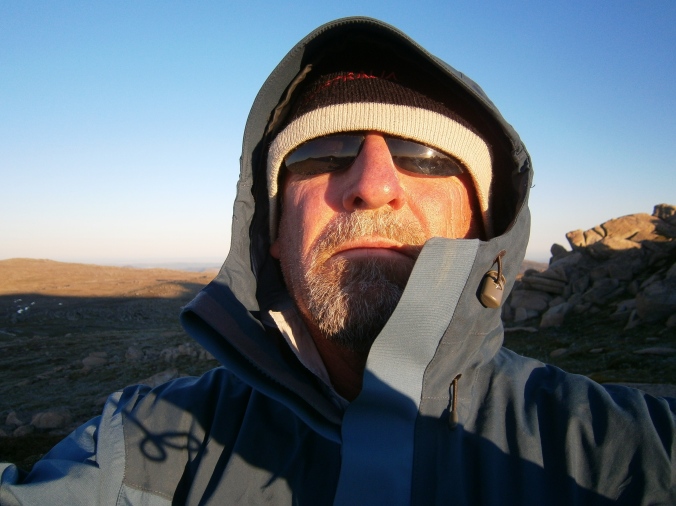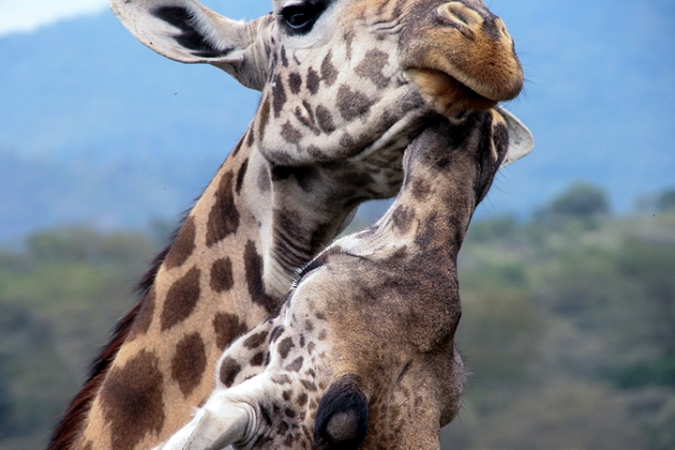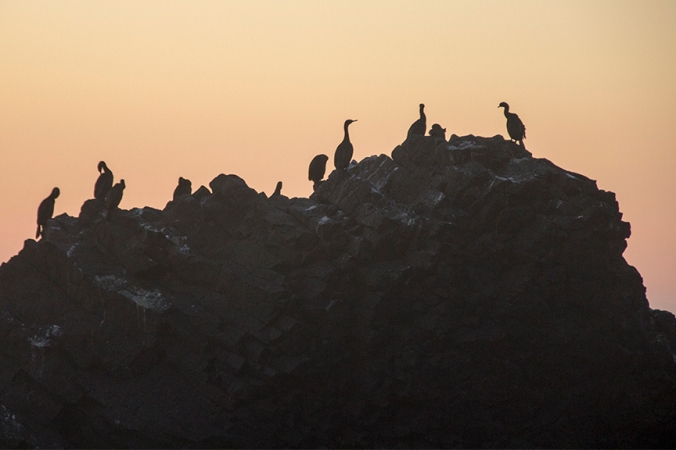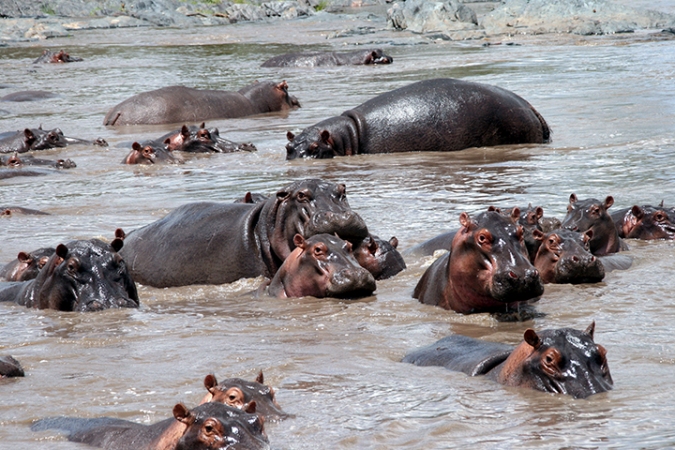My Guest Post on Author Eric J Gates website is creating quite a stir. Thought you all might like to see what the fuss is about…
When you’re faced with the daunting task of considering the quality of your own work, how can you possibly rise above the terrors of the subjective judgement? I mean, whose opinion really matters the most in this dank and murky world of writing? Once I might have said that my own opinion was truly the only one that really mattered, but come on, self-confidence doesn’t guarantee quality and is so regularly associated with self-deception that it’s hardly a reliable source of judgement. In fact, some of the grandest statements of self-promotion are often uttered by the more impoverished examples of the archetypical starving author.
Then there’s the high level of unqualified opinion found in the vast majority of the general public to consider; people who don’t always seem that sympathetic when it comes to the sweat of your labours or the brilliance of your work. You can add to this, the positive views and obvious genius of your fan base, and even the potentially career crushing opinions delivered by your agent. That’s a lot of subjective judgement already, yet there’s still the views of the learned intellectuals, critics and literary assassins that seem to have the right to tear you to pieces that we also need to include in the mix.
The act of writing must be easy; all an intended author needs to consider at any one moment throughout the writing process is little things, like, whether or not they’ve developed a unique protagonist and a likewise list of spectacular characters, who act and perform precisely out of the writer’s development of their core beliefs and colourful attitudes. Also there’s character growth born out of the conflicts you must create and the rising tensions that lead the reader on, enthralled to that knock’em-down climax. Then of course, there’s the sentence construction that just happens to determine the sound and style, and of course there’s the clever comparisons, as well as the correct word usage, the poignancy and subtlety that tweaks the emotions, the creation of perfectly balanced pacing and progression, the maintaining of focus, the experience of showing consequence and deeply felt ramifications through the actions of the characters, the adherence to genre, the perfect viewpoint and type of narrator, the tone, the development of breath taking settings, the creation of believability through the suspension of un-believability, the unique voice for your unique characters, the thrilling chapter hooks, the relevance in every word and sentence and paragraph of your story, the handling of back-fill, the brilliant dialogue, the balance, the overall structure, the informative and colourful prose … all the while avoiding the ordinary, the commonplace and the cliché, whilst judging and determining the complexity of your story to fit with the needs of your intended readership … and so much more.
Here is the link to the post – The World According to Jekyll and Hyde – Enjoy









